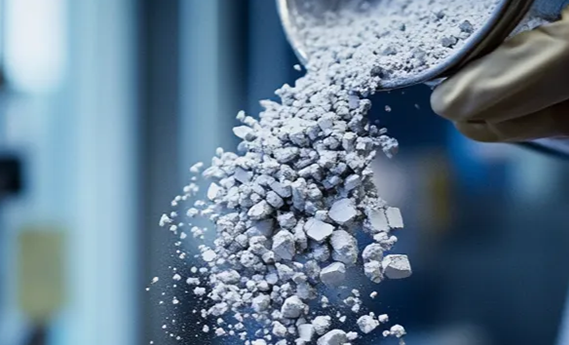

Liverpool-based Atomik AM has partnered with Cygnus Atratus, a technology developer specialising in fuel cell and hydrogen production in Oakerthorpe. Together, they are set to explore innovative energy solutions by repurposing waste from Atomik's aluminium additive manufacturing (AM) process.

Source - Atomik AM
"For this project, I will be analysing the waste that is produced from Atomik AM's printers and attempting to quantify how much energy can be produced, along with some projections. Both companies share my values and desire for social change so it's a pleasure to be leading this project and working across two incredibly talented teams," explained engineer and PhD student Luke Evans.
Unlike the typical aluminium alloys, Atomik AM employs pure UK-sourced aluminium powders, which enhances thermal management potential for energy applications. Their AM process achieves precise, custom-made parts with minimal shrinkage and distortion, even for larger components, offering significant advantages for specialised energy systems.
While Binder Jetting (BJT) Additive Manufacturing (AM) technology generally aims to recycle most unused powder, a portion remains un-reusable, and Atomik is actively exploring applications for this waste material. The project receives funding from the Low Carbon Eco-Innovatory, a £12 million initiative supported by the University of Liverpool, Liverpool John Moores University, and Lancaster University.
Atomik AM's founder & CEO, Kate Black, stated, "It's great to join forces with a like-minded company! Cygnus Atratus and Atomik AM both see having a positive impact on the world and creating a fairer and more equitable society through our work as non-negotiables. We hope this project is just the start for us paving the way for more sustainable manufacturing processes."
The collaboration is led by engineer and PhD student Luke Evans, whose doctoral research focuses on Cygnus Atratus' alkaline fuel cell technology and its application in stationary power systems. If this initial project phase proves successful, further funding will be pursued to advance to a second stage. This next phase would involve designing, constructing, and testing a conversion machine based on Evans' research findings. In collaboration with Atomik, Nicholas Abson would develop the prototype machine, aiming to create a minimum viable product.
Responses








